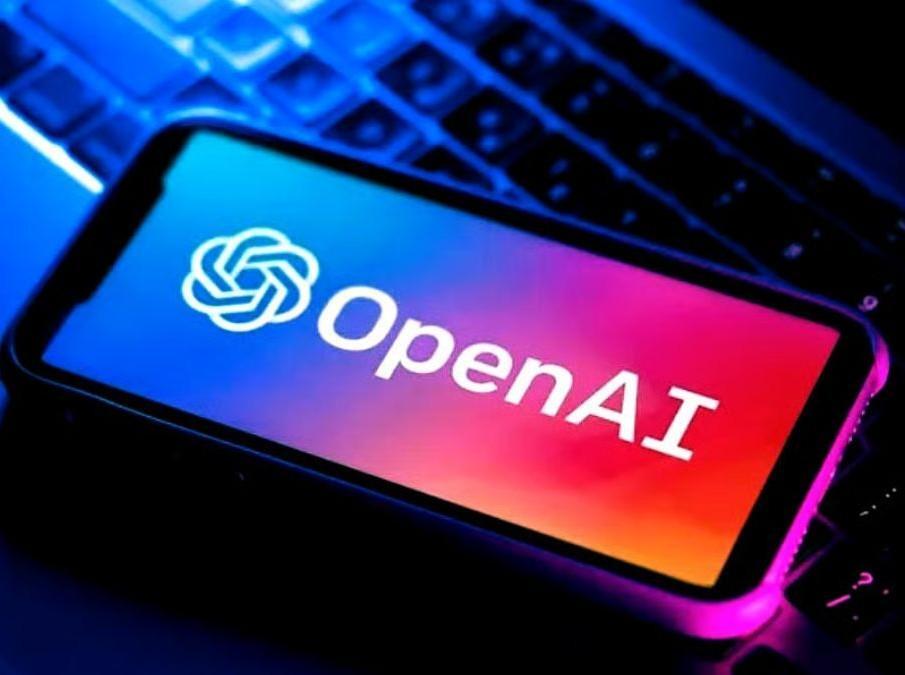
OpenAI Releases Downloadable AI Models for Public, Offline Use
In a groundbreaking move, OpenAI has released two AI models, gpt-oss-120b and gpt-oss-20b, making it possible for anyone to download and run the full model on their own computer. This marks a significant shift in the way AI models are accessed and controlled, as users will no longer be reliant on internet access, expensive subscriptions, or permission from OpenAI.
The release of these models is a major development in the world of AI, and has significant implications for individuals, organizations, and industries alike. For the first time since 2019, OpenAI is allowing users to take the reins and control the AI models, rather than relying on the company’s servers.
The two models, gpt-oss-120b and gpt-oss-20b, are language models that can be used for a variety of tasks, including text generation, language translation, and chatbots. These models are based on the popular transformer architecture, which has been shown to be highly effective in natural language processing tasks.
One of the most significant advantages of these models is their ability to be used offline. Unlike many other AI models, which require a constant internet connection to function, these models can be downloaded and run locally on a user’s computer. This makes them ideal for use in areas with limited or no internet access, such as remote communities or areas with poor connectivity.
Another major benefit of these models is their open-source nature. Unlike many other AI models, which are proprietary and require a license or subscription to use, these models are freely available for anyone to use and modify. This openness allows developers and researchers to build upon the models, creating new and innovative applications that can be used to benefit society.
The release of these models also has significant implications for industries that rely heavily on AI, such as healthcare, finance, and education. For example, healthcare organizations can use these models to develop personalized patient care plans, while financial institutions can use them to create more accurate financial forecasts. Educational institutions can use these models to develop more effective teaching tools and resources.
But the implications of these models go beyond just industries. They also have significant implications for individuals, who can use them to improve their daily lives. For example, individuals with disabilities can use these models to create custom-made assistive technology, while language learners can use them to improve their language skills.
The release of these models is also a significant step forward in the development of AI, as it allows for more collaboration and sharing of knowledge between researchers and developers. By making these models available for public use, OpenAI is encouraging a more open and collaborative approach to AI development, which can lead to faster breakthroughs and more innovative applications.
In conclusion, the release of gpt-oss-120b and gpt-oss-20b by OpenAI is a major development in the world of AI. It allows for greater control and flexibility in the use of AI models, and has significant implications for individuals, organizations, and industries alike. The open-source nature of these models also encourages collaboration and sharing of knowledge, which can lead to faster breakthroughs and more innovative applications.
Source:






